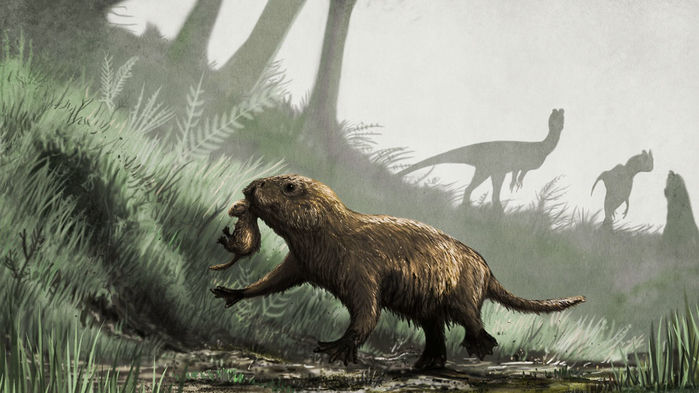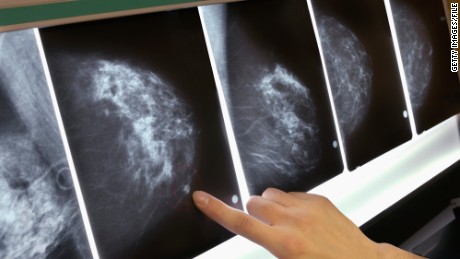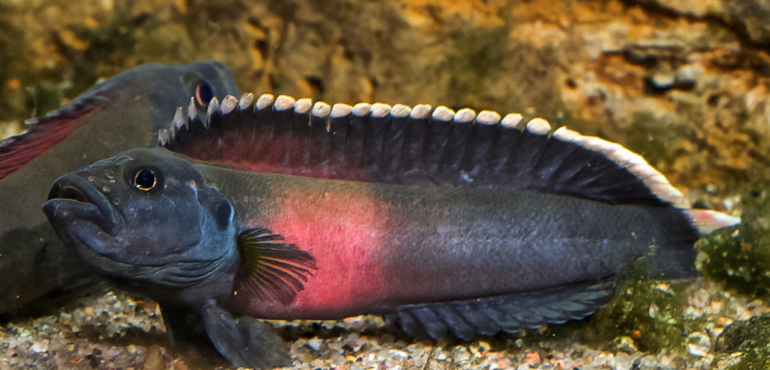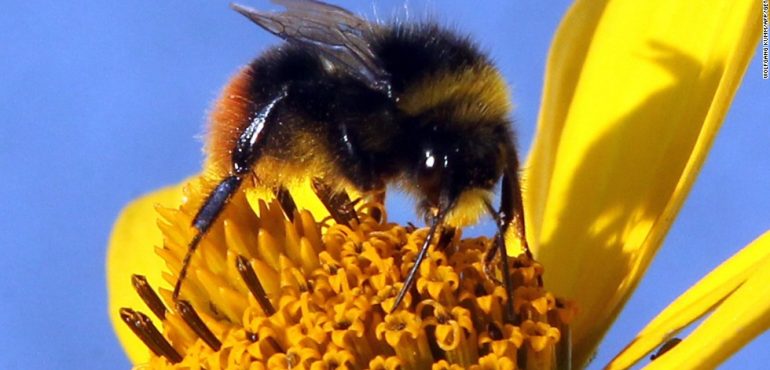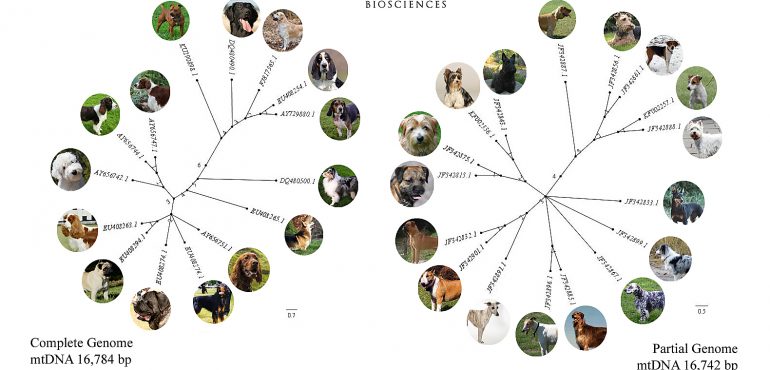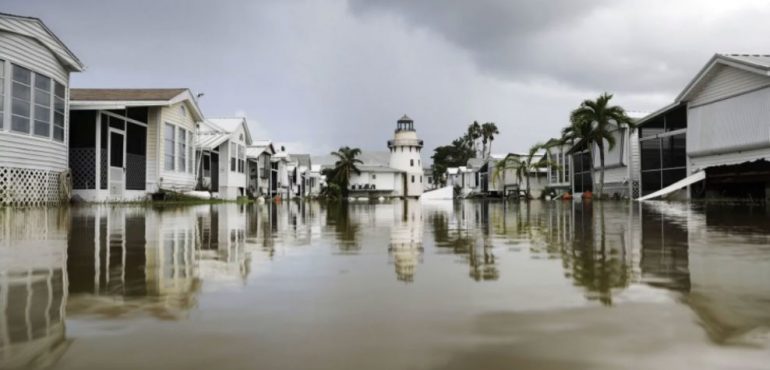The demise of dinosaurs was good news for mammals, whose numbers exploded in the aftermath. Now, a new study suggests that the behavior of mammals changed rapidly as well, as the first of our furry ancestors began venturing out in the daylight after living a primarily nocturnal existence. The switch may have even sparked the…
Read more
When dinosaurs went extinct, many animals literally came out of the dark
